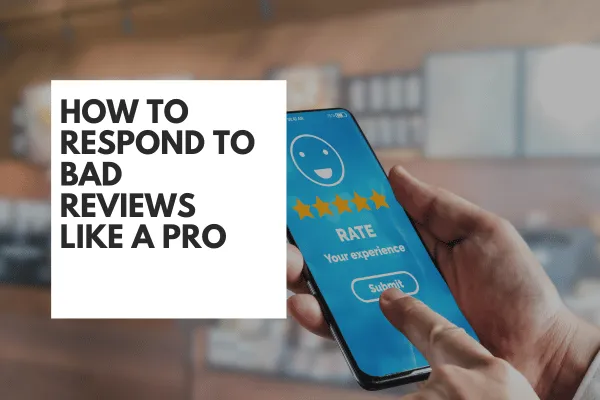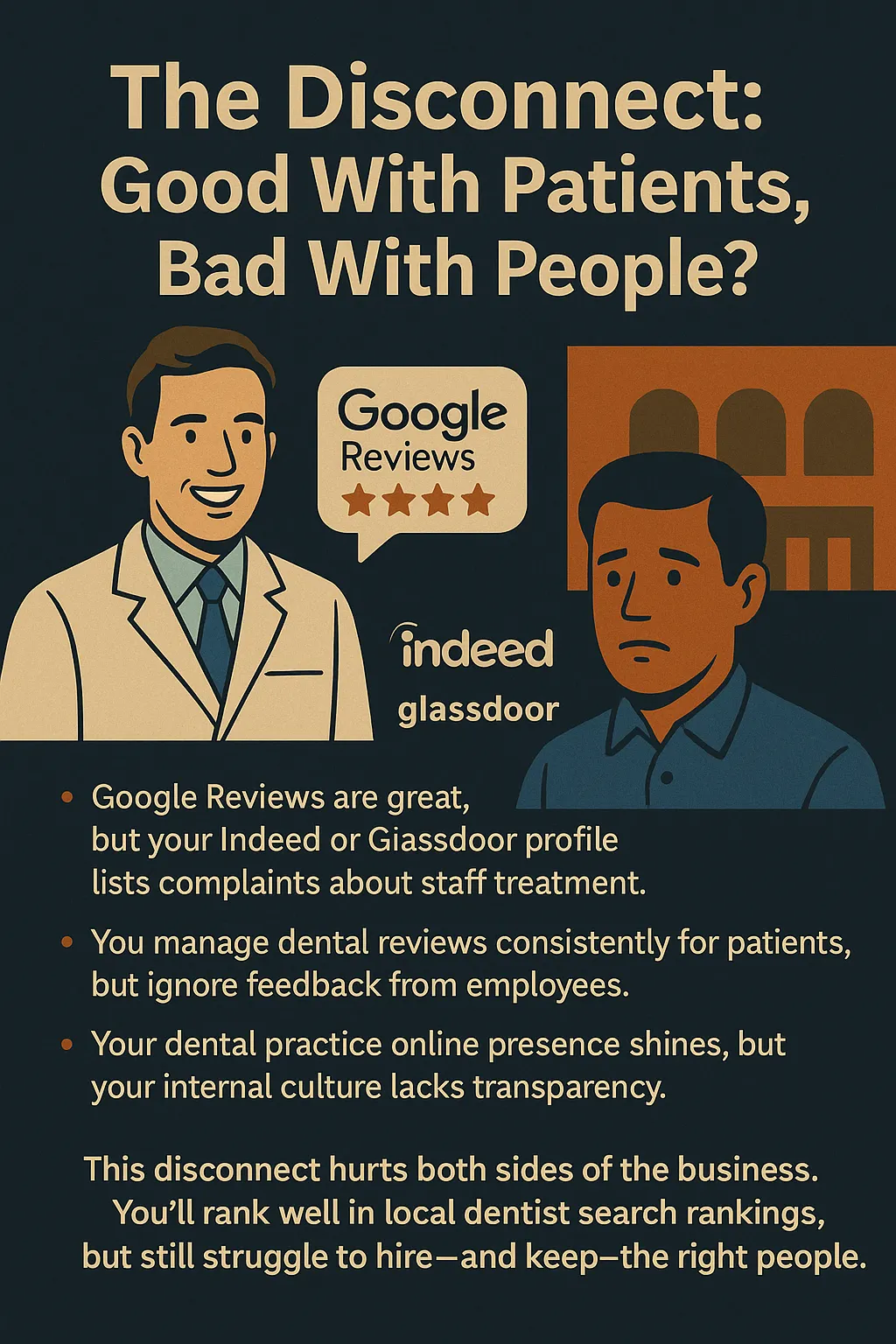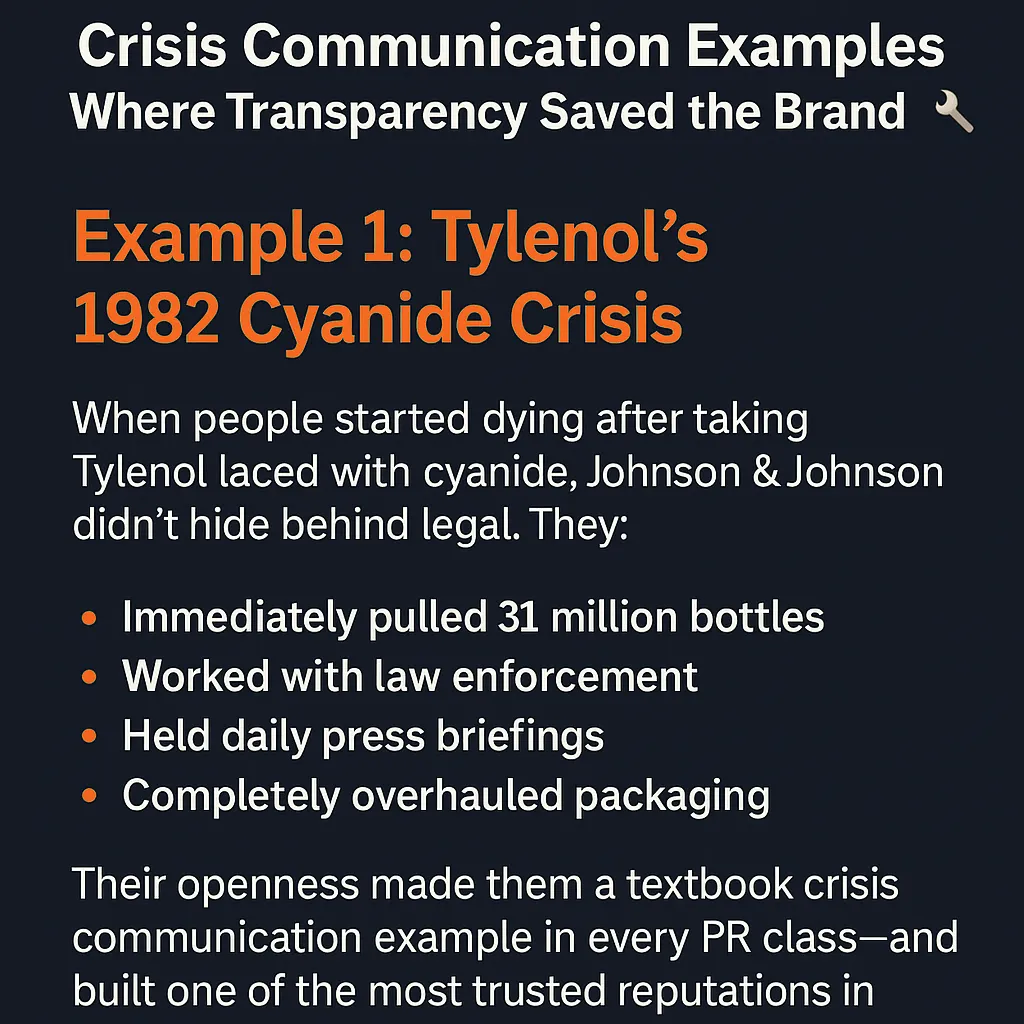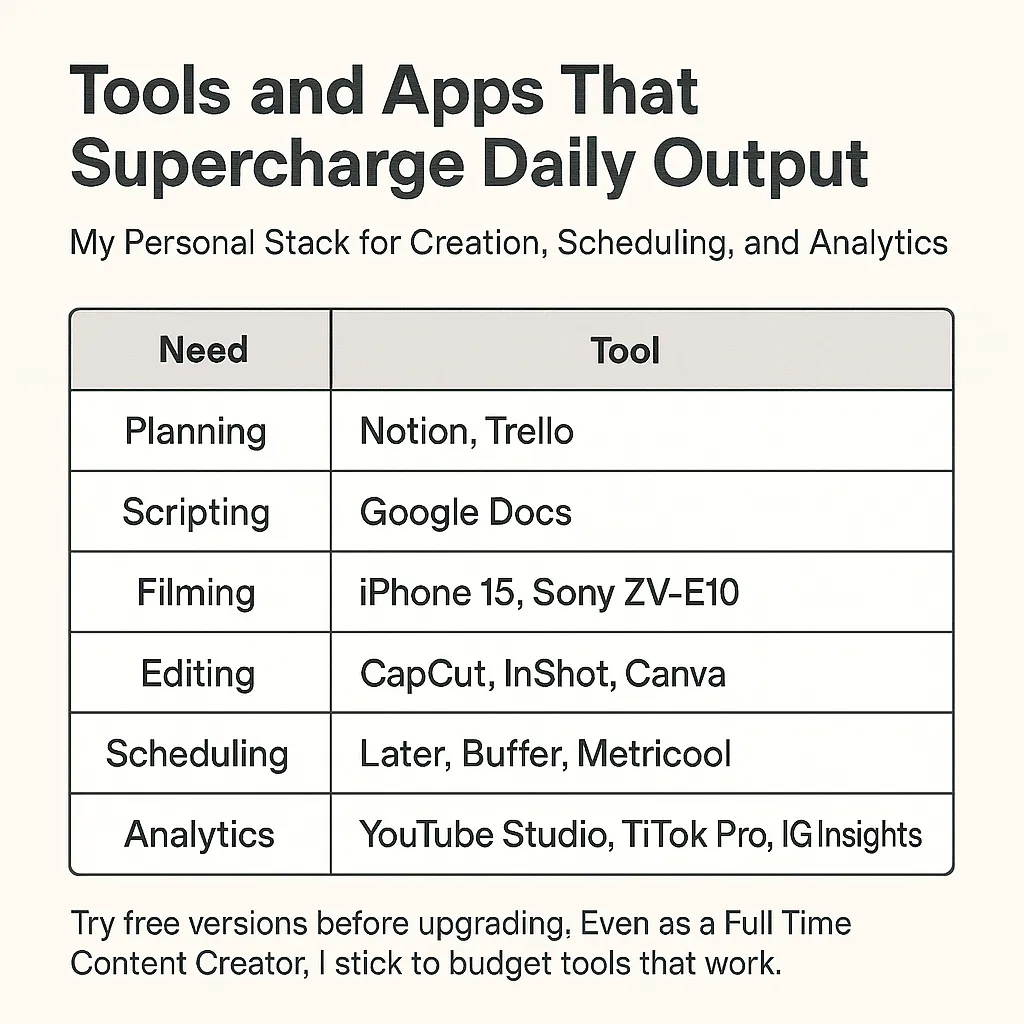
How to Respond to Bad Reviews Like a Pro
Alright, so you got a bad review. Don’t panic! Every business faces a tough customer now and then, and knowing how to respond to bad reviews can make all the difference. The way you respond can turn a negative experience into a chance to show off your customer service skills. Let’s dive into some website builder strategies and tips for responding to bad reviews, keeping that reputation strong, and even turning critics into fans!
How to Respond to Bad Reviews Like a Pro
🚫 Why Is It So Important to Respond to Bad Reviews?
✅ You Build Trust With Future Customers
✅ You Can Turn Complaints Into Comebacks
🛠️ How to Respond to Bad Reviews the Right Way
💬 Step 1: Thank Them for the Feedback
🙏 Step 2: Apologize—Even If It Wasn’t Your Fault
🧩 Step 3: Offer a Solution or Invite a Conversation
📢 Step 4: Stay Calm, Professional, and Short
🔄 Step 5: Follow Up If You Can
💡 Stop Bad Reviews Before They Happen
🛠️ 5 Simple Steps to Respond to Bad Reviews Professionally
✅ Step 1: Stay Calm and Collected
✅ Step 2: Thank the Customer for Their Feedback
✅ Step 3: Apologize (If Necessary)
✅ Step 4: Offer a Solution or Private Resolution
✅ Step 5: Keep It Short and Positive
Examples of How to Respond to Bad Reviews
Respond to Bad Reviews Quickly to Show You Care
Keep It Positive and Professional When You Respond to Bad Reviews
🌐 Use Your Website and Social Media to Respond to Bad Reviews
💻 How Your Website Helps You Respond to Bad Reviews
✅ Contact Options for Private Resolutions
✅ Balance with Positive Testimonials
📱 Use Social Media to Respond to Bad Reviews in Real Time
💬 Encourage Positive Reviews to Help Offset the Negative Ones
✔️ Make It Easy to Leave Reviews
📊 Statistics on Why You Should Respond to Bad Reviews
🔢 Key Statistics on Bad Reviews and Business Impact
💬 Responding Isn’t Optional—It’s a Reputation Strategy
🧠 Learn from Bad Reviews to Prevent Future Ones
✅ Steps to Turn Bad Reviews into Business Growth:
⚠️ The Real Impact of Bad Reviews on Your Business
❌ Why Bad Reviews Are Hard to Recover From
🧯 How to Avoid Bad Reviews Before They Start
🔑 Deliver Amazing Service from the Start
💌 Ask for Feedback Before It Goes Public
⭐ Make It Easy for Happy Customers to Leave Reviews
🗣️ Respond to Good Reviews Too

🚫 Why Is It So Important to Respond to Bad Reviews?
Let’s face it—bad reviews happen. Whether it’s a misunderstanding, a one-time issue, or just someone having a rough day, getting a negative review can sting. But ignoring it? That’s worse.
If you want to stop bad reviews from damaging your business, you have to face them head-on. Responding to negative reviews is one of the most powerful ways to protect your online reputation and turn a bad situation into a trust-building moment.
Here’s why responding matters:
✅ You Show You’re Listening
When you reply to bad reviews, you show current and future customers that you care. People want to feel heard—and a quick, professional response shows you’re not hiding from criticism.
✅ You Control the Narrative
A review is one person’s version of the story. Your response gives you a chance to set the record straight without being defensive. Address the issue, correct any misinformation, and stay calm.
✅ You Build Trust With Future Customers
73% of consumers say they trust a business more if it responds to negative reviews in a timely, respectful way. (BrightLocal) Even if you can’t fix every issue, how you handle it speaks volumes.
✅ You Can Turn Complaints Into Comebacks
Some of the most loyal customers are people whose bad experiences were handled well. A quick apology, a real solution, and great customer service can turn one-star complaints into five-star loyalty.
Pro Tip: Don’t just respond to look good—respond to make it right. People notice when you genuinely care.
🛠️ How to Respond to Bad Reviews the Right Way
You don’t need a script—you just need a system. Here’s a simple step-by-step approach to responding to negative reviews without sounding robotic or reactive.
💬 Step 1: Thank Them for the Feedback
Even if it’s tough to hear, start by thanking the reviewer for bringing the issue to your attention. A little professionalism goes a long way.
“Thank you for your feedback and for giving us the opportunity to improve.”
🙏 Step 2: Apologize—Even If It Wasn’t Your Fault
You don’t have to admit guilt, but you should express empathy.
“We’re sorry to hear about your experience. That’s not the standard we aim for.”

🧩 Step 3: Offer a Solution or Invite a Conversation
Let them know you want to fix the problem. Invite them to connect offline so you can handle it personally.
“We’d love the chance to make things right. Please contact us at [your email/phone] so we can discuss further.”
📢 Step 4: Stay Calm, Professional, and Short
Never argue. Never get emotional. Your response isn’t just for the reviewer—it’s for everyone reading it later. Keep it kind, clear, and to the point.
🔄 Step 5: Follow Up If You Can
If the issue gets resolved, politely ask the reviewer to consider updating their review. Many will if they feel taken care of.
💡 Stop Bad Reviews Before They Happen
While responding is essential, prevention is even better.
Train your team to deliver excellent service
Ask happy customers to leave positive reviews
Use automated review request tools to boost your overall rating
Resolve complaints quickly—offline when possible
Want a deeper dive into managing your online reputation and boosting customer trust?
👉 Read: What Is Driving Traffic Called for a Business?
🛠️ 5 Simple Steps to Respond to Bad Reviews Professionally
Negative feedback is never fun—but how you handle it can make or break your online reputation. When you respond to bad reviews the right way, you show professionalism, care, and accountability. More importantly, it tells future customers that you take their experiences seriously and are committed to delivering quality service.
Here’s a step-by-step guide to help you stay calm, clear, and confident when the next bad review rolls in:
✅ Step 1: Stay Calm and Collected
The first rule of responding to a bad review? Don’t take it personally. Take a deep breath and give yourself time to process before replying. A knee-jerk emotional response can do more harm than the review itself.
Pro Tip: Wait at least 10–15 minutes after reading the review. Come back with a level head.
✅ Step 2: Thank the Customer for Their Feedback
Even if the feedback is hard to hear, express gratitude. It shows professionalism and opens the door for resolution. A simple “Thank you for sharing your experience” goes a long way in diffusing tension and showing that you value customer input.
Example: “Thank you for taking the time to share your feedback. We always appreciate hearing from our customers.”
✅ Step 3: Apologize (If Necessary)
You don’t need to accept blame for things outside your control—but a sincere apology can soften the impact and demonstrate empathy.
Example: “We’re truly sorry to hear that your experience didn’t meet expectations. That’s never our intention.”
✅ Step 4: Offer a Solution or Private Resolution
Show that you’re proactive. Invite the customer to reach out via email or phone to resolve the issue privately. This removes the back-and-forth from public view and allows you to handle things more personally.
Example: “We’d love to speak with you directly to make this right. Please email us at [email] or call [phone number].”
✅ Step 5: Keep It Short and Positive
Keep your response professional and to the point. Avoid getting defensive, overexplaining, or arguing. Remember, your reply isn’t just for the unhappy customer—it’s for everyone else reading your reviews too.
Example: “We appreciate your feedback and hope we can make things right moving forward.”
Examples of How to Respond to Bad Reviews
Sometimes, it helps to see examples to know how to respond to bad reviews. Here are a few situations with sample responses to help you handle tough feedback with style. Use these as inspiration for your own responses, but always keep your tone genuine and specific to each review.

Example Responses to Bad Reviews:
For Delayed Service – “Hi [Customer’s Name], thank you for your feedback. We’re sorry to hear about the delay. We’ll work on improving our process to avoid this in the future. Please reach out to us directly, and we’d be happy to make it right.”
For Product Issues – “Thanks for letting us know, [Customer’s Name]. We apologize for any inconvenience with your product. We’d love to discuss this with you and find a solution. Please feel free to reach out to us at [Contact Info].”
For Miscommunication – “Hi [Customer’s Name], we appreciate your feedback and are sorry for any miscommunication. We’re committed to making sure our customers are always informed. Please contact us directly, and we’ll make sure you’re taken care of.”
These responses show understanding, offer solutions, and invite further contact, which can help resolve issues and build a positive image.
Respond to Bad Reviews Quickly to Show You Care
One key to handling bad reviews? Speed! When you respond to bad reviews quickly, it shows you’re on top of things and care about what your customers think. Ideally, try to respond within a day or two. A quick response can sometimes prevent a one-star review from turning into a full-blown complaint.
Reasons to Respond to Bad Reviews Quickly:

Shows You’re Attentive – Customers appreciate businesses that are quick to address concerns.
Reduces Frustration – A fast response can calm a customer down before frustration grows.
Builds Trust – Potential customers see that you care about fixing problems right away.
Fast, thoughtful responses help show you value your customers’ time and feedback, which is crucial for reputation management.
Keep It Positive and Professional When You Respond to Bad Reviews
No matter how unfair a bad review might seem, keep it professional. A bad review might feel personal, but your response should never be defensive or negative. Staying positive helps protect your brand’s image and can even win over the customer who left the bad review.
Tips to Keep Responses to Bad Reviews Positive:
Avoid Blame – Don’t blame the customer, even if you feel they’re wrong.
Stay Friendly – Use warm, friendly language to keep the tone positive.
Focus on the Solution – Shift the focus from the problem to what you’re doing to make it right.
By keeping your response positive, you’re showing potential customers that you handle issues gracefully, which builds trust and credibility.

🌐 Use Your Website and Social Media to Respond to Bad Reviews
Your website and social media channels are public-facing platforms that reflect how you manage customer feedback. When you respond to bad reviews in these spaces, you’re not just addressing one customer—you’re showing the world that your business values transparency, professionalism, and service.
More than 93% of consumers say they read online reviews before deciding to do business with a company. That means your response to negative reviews can directly impact someone’s buying decision.
Whether a customer leaves a negative comment on your Facebook page or posts a one-star review on your website, how you respond to bad reviews publicly speaks volumes about your brand. A thoughtful, timely response can turn a bad situation into an opportunity to build trust and win over potential customers.
💻 How Your Website Helps You Respond to Bad Reviews
If you’re using a smart website builder (like Lookhin4), you can manage review responses with ease. Here’s how your website can become a core part of your reputation management strategy:
✅ Dedicated Review Section
Some website platforms allow you to display and respond to bad reviews directly on your site. This gives you control over how the feedback is seen and handled.
✅ Contact Options for Private Resolutions
Include visible contact links—email, chat, or a contact form—so upset customers have a way to resolve issues privately. This helps you respond to bad reviews and de-escalate situations before they escalate.
✅ Balance with Positive Testimonials
Showcase glowing reviews and testimonials alongside your review section. This way, even when you respond to bad reviews, potential customers will see a well-rounded view of your brand.
When you proactively use your website to respond to bad reviews, you're taking control of your business’s public narrative. You’re not just reacting—you’re managing your brand’s voice and building long-term credibility.
📱 Use Social Media to Respond to Bad Reviews in Real Time
Social media is where customers talk—and expect businesses to talk back. Platforms like Facebook, Instagram, and Twitter are popular spots for customer praise and complaints. Make sure your business is ready to respond to bad reviews across all platforms.
Respond quickly and respectfully. Don’t delete comments unless they’re inappropriate—acknowledge concerns and offer solutions publicly, then take the conversation private when needed.
By showing up consistently and professionally, your ability to respond to bad reviews becomes a powerful marketing tool.
💬 Encourage Positive Reviews to Help Offset the Negative Ones
Even with the best service, every business gets a negative review at some point. But the key to managing bad reviews isn’t just how you respond—it’s also about stacking up the good.
A steady flow of positive feedback helps you maintain credibility. The more great experiences you highlight, the less weight each bad review carries. Here’s how to encourage happy customers to share their thoughts:
✔️ Send Follow-Up Emails
After a purchase or service, send a friendly follow-up asking for a review. This simple step increases your chances of collecting positive feedback—and prepares you to better respond to bad reviews by surrounding them with praise.
✔️ Make It Easy to Leave Reviews
Provide direct links to platforms like Google, Yelp, or your own website’s review section. Convenience makes a difference in getting those stars.
✔️ Always Say Thank You
When someone leaves a good review, thank them publicly. Just like when you respond to bad reviews, showing appreciation builds trust and loyalty.
📊 Statistics on Why You Should Respond to Bad Reviews
Let’s be real: bad reviews happen to even the best businesses. But how you handle them can make or break your brand. One of the most powerful ways to manage your online reputation is simple—respond to bad reviews.
Still not sure it's worth your time? The numbers don’t lie.

🔢 Key Statistics on Bad Reviews and Business Impact
89% of consumers read how businesses respond to reviews before deciding to engage.
(Source: BrightLocal 2023 Review Survey)45% of customers are more likely to visit a business if it publicly responds to negative reviews.
(Source: ReviewTrackers Study)70% of customers say they’re willing to return to a business if it responds to their bad review.
(Source: Bazaarvoice Research)
In other words, how you respond to bad reviews doesn’t just affect that one unhappy customer—it influences every potential customer who’s watching from the sidelines.
💬 Responding Isn’t Optional—It’s a Reputation Strategy
When you respond to bad reviews, you’re doing more than customer service—you’re marketing. It’s your chance to demonstrate empathy, professionalism, and commitment to quality. And unlike ads or social posts, reviews sit at a pivotal moment: right before someone decides whether to trust you or not.
Letting bad reviews sit unanswered sends the message that you don’t care—or worse, that you don’t even check. On the flip side, when you respond to bad reviews promptly and respectfully, you build trust with potential customers who see that you handle problems, not hide from them.
🧠 Learn from Bad Reviews to Prevent Future Ones
Sure, negative feedback stings—but it can also be gold. Every time you respond to bad reviews, you're engaging in real-time market research. You're learning directly from your customers what didn’t work for them. That’s valuable insight you can use to level up.
✅ Steps to Turn Bad Reviews into Business Growth:
Look for Patterns
Are multiple reviewers mentioning long wait times? Poor communication? A certain staff member? Patterns reveal blind spots you may not notice internally.Update Policies if Needed
If reviews point to outdated or unclear policies, use that feedback to make revisions. A few simple tweaks can prevent similar complaints going forward.Train Your Staff
Share reviews with your team—not to shame, but to empower. Use real-world scenarios to roleplay better customer service responses.
The truth is, learning how to respond to bad reviews effectively can lead to fewer of them in the long run. Fix the root cause, and future complaints disappear before they’re written.
⚠️ The Real Impact of Bad Reviews on Your Business
Imagine this: someone searches for your service online and sees multiple negative reviews with no response. What do they assume?
They think:
You don’t care
You’re overwhelmed
The bad experience wasn’t a one-time thing
Even one unanswered bad review can plant seeds of doubt. Multiple bad reviews, on the other hand, can torpedo your conversion rate. According to ReviewTrackers, 94% of customers say an online review has convinced them to avoid a business.
What makes it worse? Silence.
If you don’t respond to bad reviews, you’re giving the final word to the person complaining—and losing the opportunity to correct the narrative.
❌ Why Bad Reviews Are Hard to Recover From
Let’s break this down. Once a string of bad reviews goes public, a few things start to happen:
Search rankings drop, especially for local businesses, since Google factors review quantity and quality into its algorithm.
Customer trust declines fast when they see no effort to respond or fix the issue.
Bad reviews spread, especially on high-traffic sites like Yelp, Google, or Facebook. The more visible they are, the more damage they cause.
Even if you start to improve things behind the scenes, your digital footprint still shows old wounds unless you actively manage it.
This is why it’s critical to respond to bad reviews as part of an ongoing reputation management strategy. It’s not damage control—it’s brand defense.

🧯 How to Avoid Bad Reviews Before They Start
The best strategy is prevention. Here's how to stop bad reviews before they get posted:
🔑 Deliver Amazing Service from the Start
The best way to avoid bad reviews is to overdeliver. Train your team to treat every interaction like it’s the one that determines whether a review will be 1-star or 5-star.
💌 Ask for Feedback Before It Goes Public
Send follow-up emails or text surveys after service. If there’s an issue, catch it early—privately. Many customers are happy to talk things out before they post something negative.
⭐ Make It Easy for Happy Customers to Leave Reviews
Create QR codes, links in emails, or tablet stations at checkout to encourage positive reviews. The more 5-stars you collect, the better your overall reputation score.
🗣️ Respond to Good Reviews Too
Don’t just respond to bad reviews. Thank customers for the positive ones. This encourages more happy feedback and shows your audience that you value all voices.
🧩 Where to Respond to Bad Reviews (and How)
Google Business Profile – This is often the first impression. Always respond here within 24–48 hours.
Facebook & Instagram Comments – These are public. Respond politely, then move the conversation to DMs.
Yelp – Respond professionally even if the tone of the review is unfair. Keep your tone respectful and facts-focused.
Your Website – Display reviews and responses to build transparency and show new customers you care.
Conclusion: Respond to Bad Reviews to Show You Care
Bad reviews are part of the game, but knowing how to respond to bad reviews can make all the difference. By staying calm, positive, and solution-focused, you show customers that you care about their experience and are committed to making things right. Use your website and social media to manage your responses, encourage positive feedback, and keep building that reputation. So the next time a bad review rolls in, don’t sweat it—respond like a pro and turn it into a chance to shine!
Reputation Management
How Universities Can Lead a Reputation Turnaround with Smart Online Management
Transparent by Design: Modern Reputation Strategy Powered by Crisis Communication
How Online Reputation Management Affects Dental Hiring
🛍️ Managing E-commerce Product Reviews: Why CEO Reputation Consultants Give You an Edge
How Reputation Management Drives Local SEO in Chicago
21 Online Reputation Tips That Changed the Game for Me and My Clients
How I Built My Personal PR Strategy from Scratch (And Got the Right People Talking)
How I Deleted Myself from the Internet (And Helped Clients Disappear, Too)

















